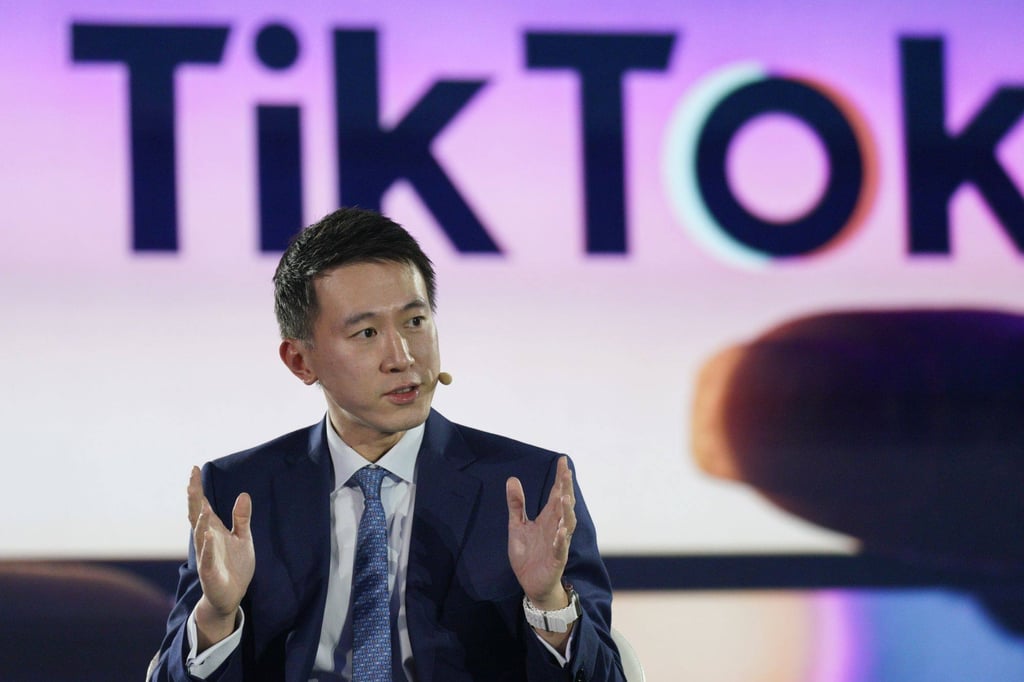Advertisement
TikTok, Universal Music Group seal new deal to return Taylor Swift, BTS, other artists to hit short video app
- The new licensing pact promises to deliver improved remuneration and promotion for UMG-represented songwriters and artists on TikTok
- ByteDance-owned TikTok also pledged to remove unauthorised artificial intelligence-generated music from the short video platform
Reading Time:2 minutes
Why you can trust SCMP

TikTok is bringing back many of the world’s most popular recording artists – including Taylor Swift, BTS and Drake – under a new licensing deal with Universal Music Group (UMG), even as the hit short video platform faces a sell-or-ban ultimatum from the United States government.
ByteDance-owned TikTok and UMG have signed in Los Angeles what they describe as a “multidimensional licensing agreement” that would deliver significant industry-leading benefits for UMG’s global family of artists, songwriters and labels.
“Music is an integral part of the TikTok ecosystem and we are pleased to have found a path forward with Universal Music Group,” TikTok chief executive Chew Shou Zi said in a joint statement released this week by the two companies.
Advertisement
The new pact, as well as the sentiment expressed by Chew, showed the lengths taken by both parties to resolve their issues and an acrimonious dispute, which led UMG to pull its vast music catalogue from the short video app earlier this year.

In January, UMG alleged that TikTok attempted to broker a new deal with a rate that was only “a fraction of” what its social media peers paid. TikTok, in response, accused UMG of being greedy.
Advertisement
The new licensing pact is expected to deliver improved remuneration for UMG’s songwriters and artists, more promotional and engagement opportunities for their recordings and songs, and protections related to generative artificial intelligence (AI), according to the joint statement.
Advertisement
Select Voice
Choose your listening speed
Get through articles 2x faster
1.25x
250 WPM
Slow
Average
Fast
1.25x